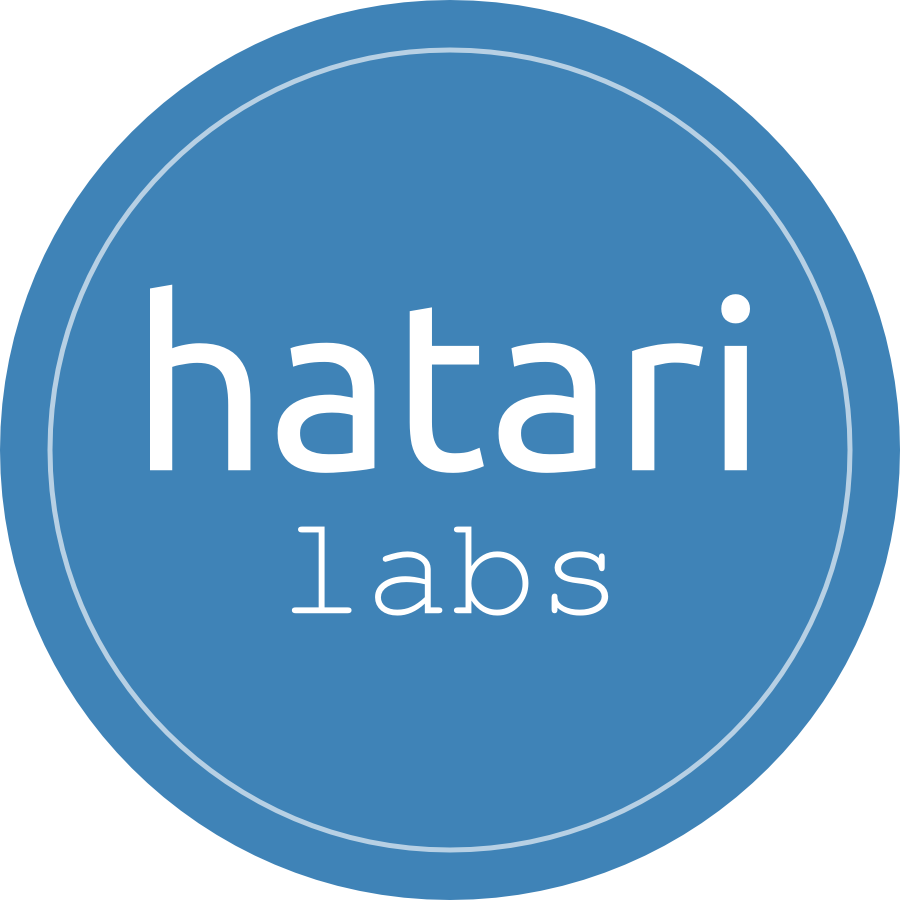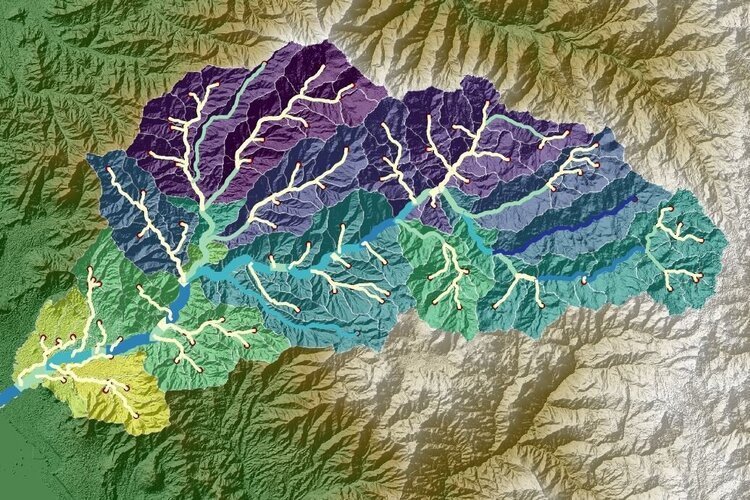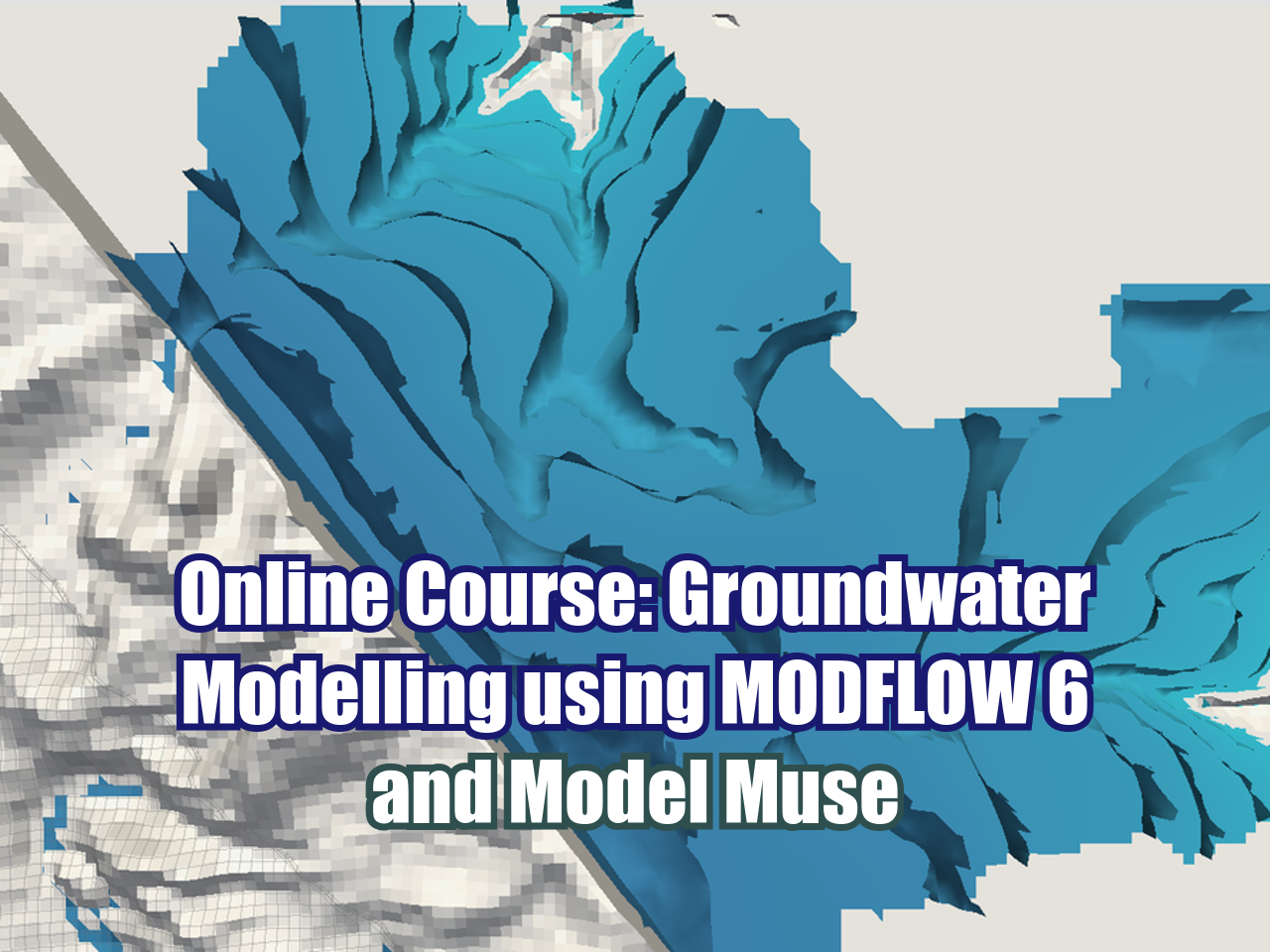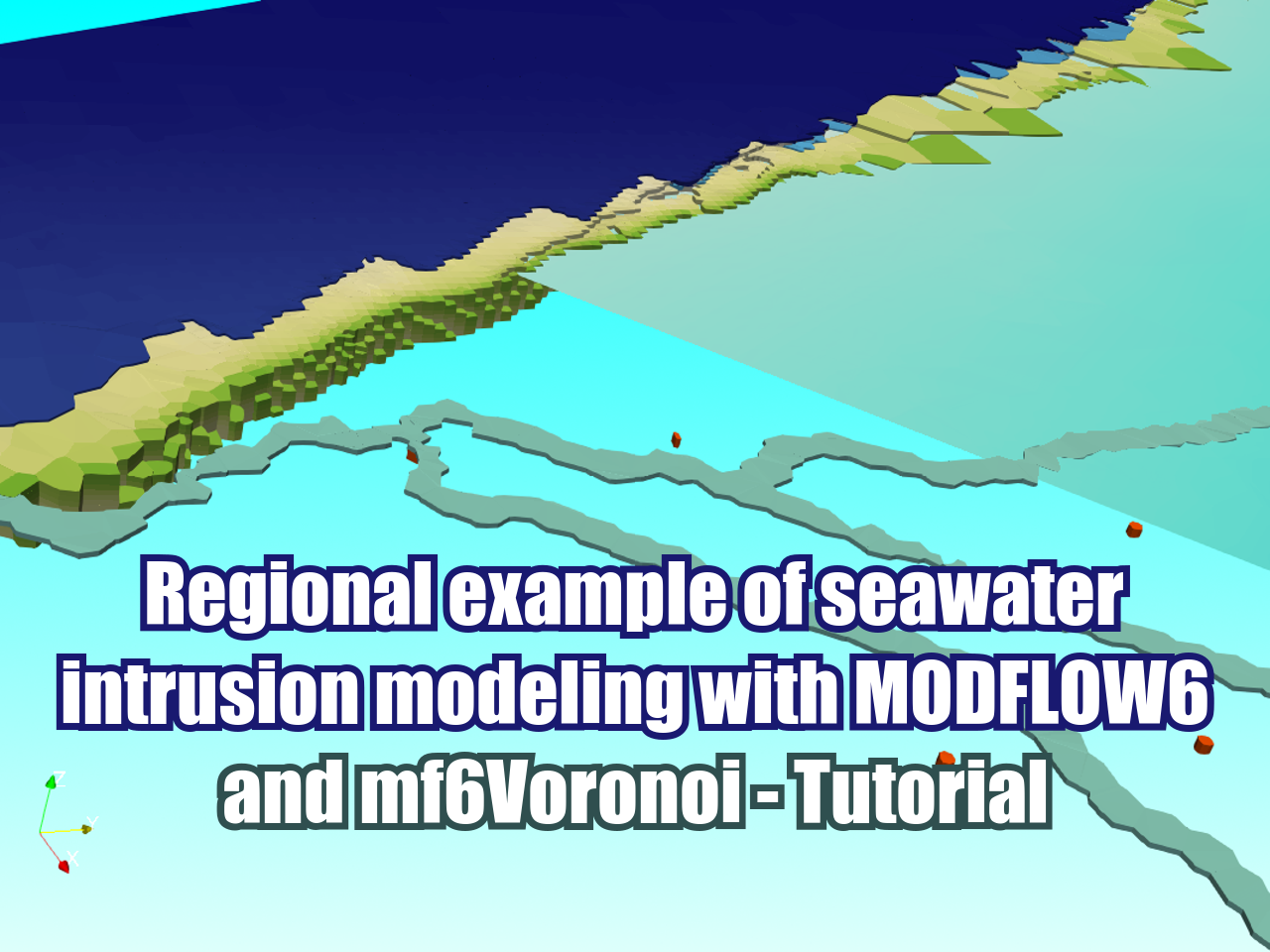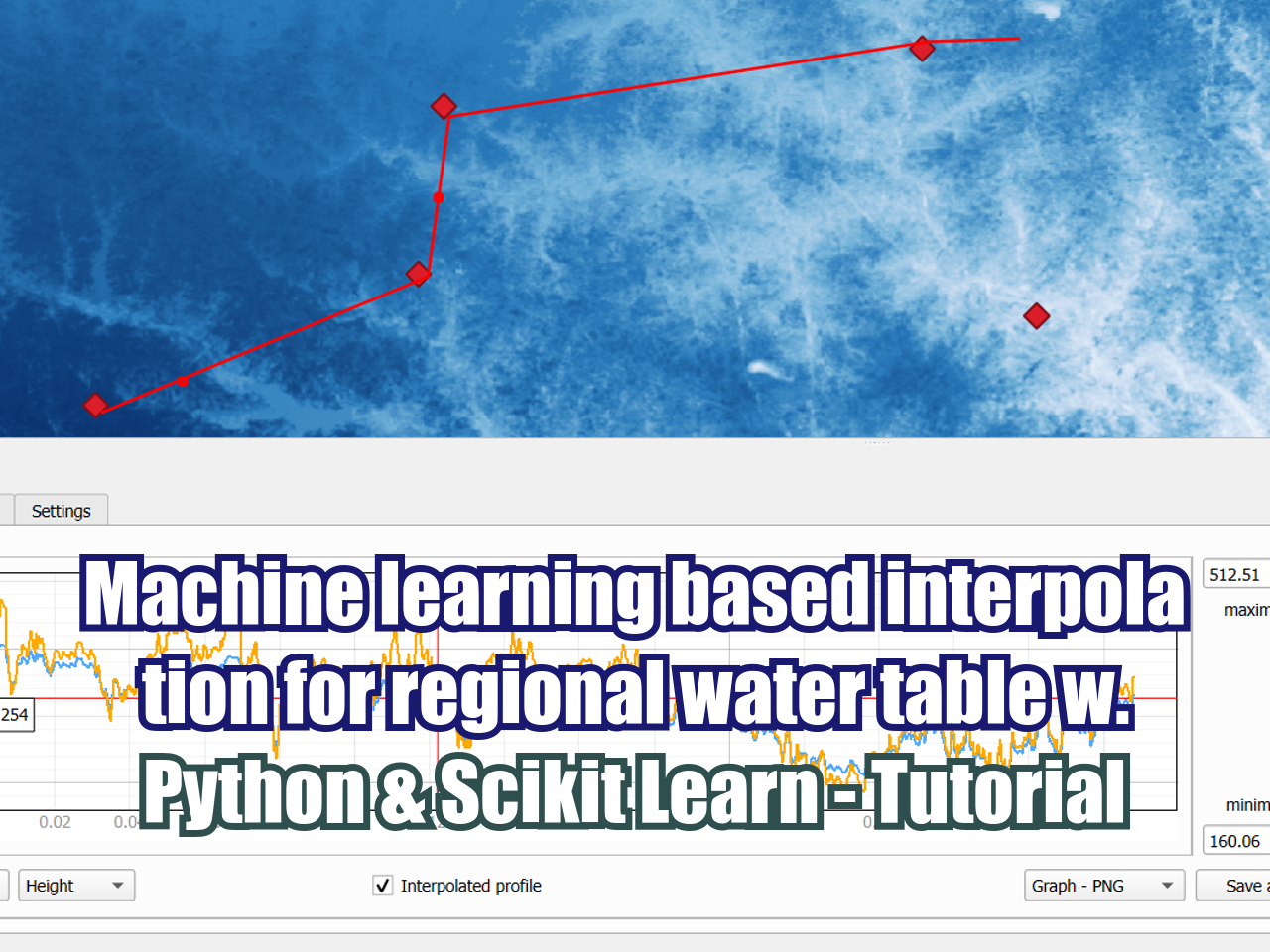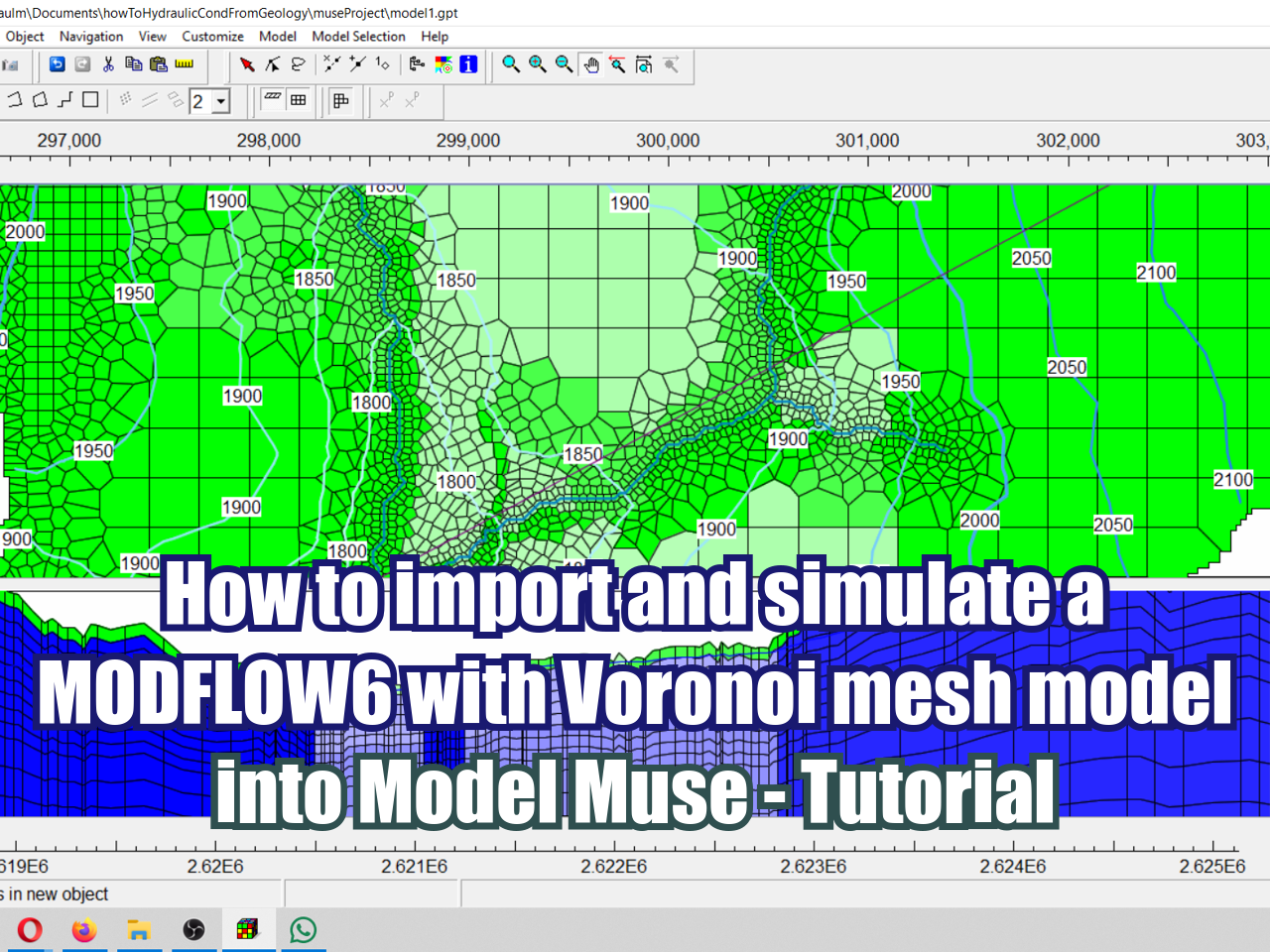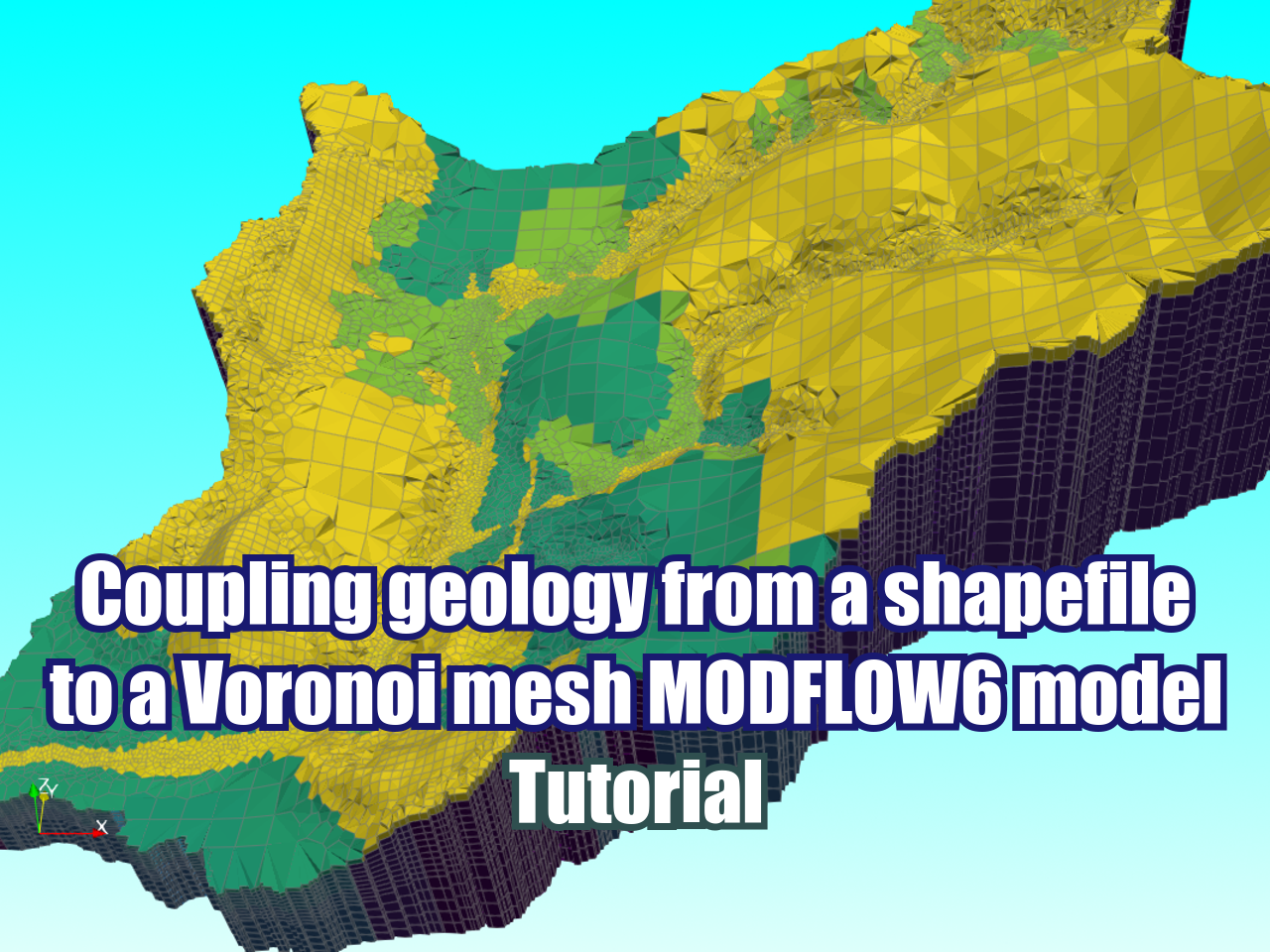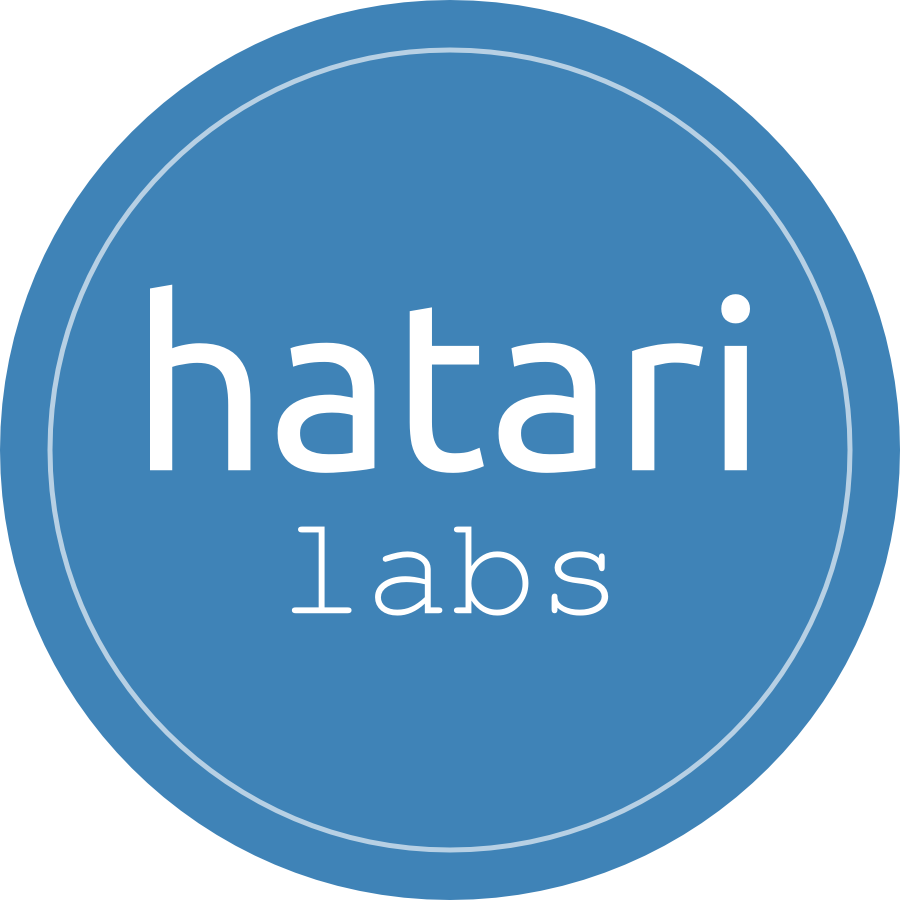Hatarilabs presents its educational program designed for mastering Python in real professional and academic environments. The program has an extensive practical work that goes from the basic concepts of Python, Numpy and Pandas to specific applications in water resources and geosciences coupled with geospatial analysis and machine learning.
We are sure that Python is a tool / asset for hydrologists, hydrogeologist, geoscientist or related professionals and we know that only practice can give you the Python level you need to apply in everyday data analysis or numerical modeling. The amount of hours, the topics covered together with the examination and certification processes give you a strong reference of Python on your professional capabilities.
This diploma is developed in asynchronous mode that allows students to be more flexible in their schedule and enjoy of instructional materials during 06 months.
Note: This diploma is the recorded version of our last synchronous diploma.
Objectives
This diploma is designed to provide you with the following capabilities:
Master the basic concepts of Python and the Jupyter environment
Become proficient in the common tools of the scientific oriented Python packages as Numpy, Pandas and Scipy
Create full feature data visualizations for tabular, geospatial and 3D data.
Learn and apply the most common geospatial tools for vector and raster data analysis in Python
Have a perspective on the application of machine learning tools in Python for water resources and related fields.
Get experience on the application of Python in numerical modeling.
Understand the Python packages development and have the capabilities to apply new packages.
Content
The diploma is divided into 6 modules, each module is divided into 6 sessions. See the complete diploma syllabus on this link.
The summarized content of every module is described below:
Module 1: Python for Hydrology - Part 1
This course develops the basic concepts of Python programming under Jupyter. Exercises will cover the basic Python data structures, conditional statements, loops coupled with an introduction to array manipulation in Numpy, tabular data management with Pandas and applied exercises with precipitation data …more info
Session 1: Anaconda interface
Session 2: Python data types
Session 3: Python loops and data structures
Session 4: Numpy and matplotlib for water resources
Session 5: Precipitation data analysis with Pandas
Session 6: Precipitation and streamflow data analysis and visualization …more info
Module 2: Python for Hydrology - Part 2
Once we have covered the basic concepts of Python programming and introductory examples with water resources data we will move to more specific precipitation statistics with Scipy, analysis of long term climate data with temporal queries, spatial interpolations, multiple station data exploration and a of machine learning example for filling missing precipitation data …more info
Session 1: Rainfall statistics with Scipy I
Session 2: Rainfall statistics with Scipy II
Session 3: Filling missing precipitation data
Session 4: Long term temperature data analysis
Session 5: Interpolation of Precipitation Data with Python and Matplotlib
Session 6: Climate variable exploration from multiple climate stations …more info
Module 3: Data visualization in Python
Following the learning process of Python programming for water resources we will develop a course focused on data visualization using different graphical libraries like Matplotlib, Seaborn, Bokeh, Pyvista, Folium and Altair. This module is aimed to learn the creation and control process of plots for an efficient and interactive data analysis …more info
Session 01: Matplotlib
Session 02: Seaborn
Session 03: Bokeh
Session 04: Pyvista
Session 05: Folium
Session 06: Altair …more info
Module 4: Applied geospatial data analysis with Python
Modeling surface flow, groundwater flow or any physical process on the environment is by itself a distributed process where analytical tools need to be combined with geospatial tools on a programming level. We have compiled the basic information and applied examples of the most common geospatial tools available in Python while assuring functionality on any operating system …more info
Session 01: Introduction to Fiona
Session 02: Spatial Analysis of Total Coliforms with Fiona
Session 03: Introduction to Shapely
Session 04: Raster data management with Rasterio and Python
Session 05: Introduction to Geopandas for flooded areas analysis
Session 06: Glacier delimitations with Python and Rasterio …more info
Module 5: Machine learning in Python for water resources and geosciences
Algorithms of machine learning in Python are simple and efficient tools for predictive data analysis and can be applied to any field of water resources related analysis. We have developed some applied cases of machine learning prediction with the Scikit Learn and Scikit Image of a variety of topics that range from water chemistry, fill missing precipitation, crop identification, geological modeling, and land cover classification …more info
Session 01: Water chemistry cluster analysis.
Session 02: Crop identification.
Session 03: Fill missing precipitation from multiple stations and climate variables.
Session 04: Geological modeling.
Session 05: Delimitation of water bodies with Canny filters.
Session 06: Soil classifications machine learning …more info
Module 6: Applied numerical modeling with Python
Python is a general purpose language for data analysis and it has extended and specific tools to work and interact with other models, algorithms and softwares. The interaction among Python and other tools can be on the data preprocessing, model simulation, output visualization. We have researched practical examples in Python to simulate groundwater flow, land evolutions, geochemical speciation, hydraulic and hydrogeological modeling …more info
Session 01: Groundwater Modeling with Modflow 06 and Flopy
Session 02: Land evolution modeling with Landlab.
Session 03: Water speciation calculation with Phreeqc.
Session 04: Hydraulic Modeling with HEC RAS and Python
Session 05: Hydrological Modeling with SWAT and Python.
Session 06: Hydrological Modeling with HEC HMS and Jython in HEC DSS Vue …more info
Trainer
Saul Montoya M.Sc.
Hydrogeologist - Numerical Modeler
Mr. Montoya is a Civil Engineer graduated from the Catholic University in Lima with postgraduate studies in Management and Engineering of Water Resources (WAREM Program) from Stuttgart University – Germany with mention in Groundwater Engineering and Hydroinformatics. Mr Montoya has a strong analytical capacity for the interpretation, conceptualization and modeling of the surface and underground water cycle and their interaction.
He is in charge of numerical modeling for contaminant transport and remediation systems of contaminated sites. Inside his hydrological and hydrogeological investigations Mr. Montoya has developed a holistic comprehension of the water cycle, understanding and quantifying the main hydrological dynamic process of precipitation, runoff, evaporation and recharge to the groundwater system.
Over the last 9 years Saul has developed 2 websites for knowledge sharing in water resources: www.gidahatari.com (Spanish) and www.hatarilabs.com (English) that have become relevant due to its applied tutorials on groundwater modeling, spatial analysis and computational fluid mechanics.
Methodology / Examination
Mode: Offline - Asynchronous
Some details about the diploma methodology:
Manuals and files for the exercises will be delivered on our elearning platform.
The course will be developed by video recorded videos will be available on our elearning platform.
There is support for questions regarding the exercises developed through the forum/email.
Video of the classes will be available for 6 months.
The exams are certification is organized as follows:
The program has 3 exams that comprise the content of 2 courses.
Digital certificate available at the end of the program upon the exam approval.
To receive the digital certificate you must submit the exams.
Cost and payment method
The promotional cost of the program is $ 1000 dollars until 09th October 2024.
Registry
After payment with Paypal, fill out the following registration form including the information related to your payment. We will send you an e-mail to confirm your registration.
For any other information please write to: saulmontoya@hatarilabs.com
